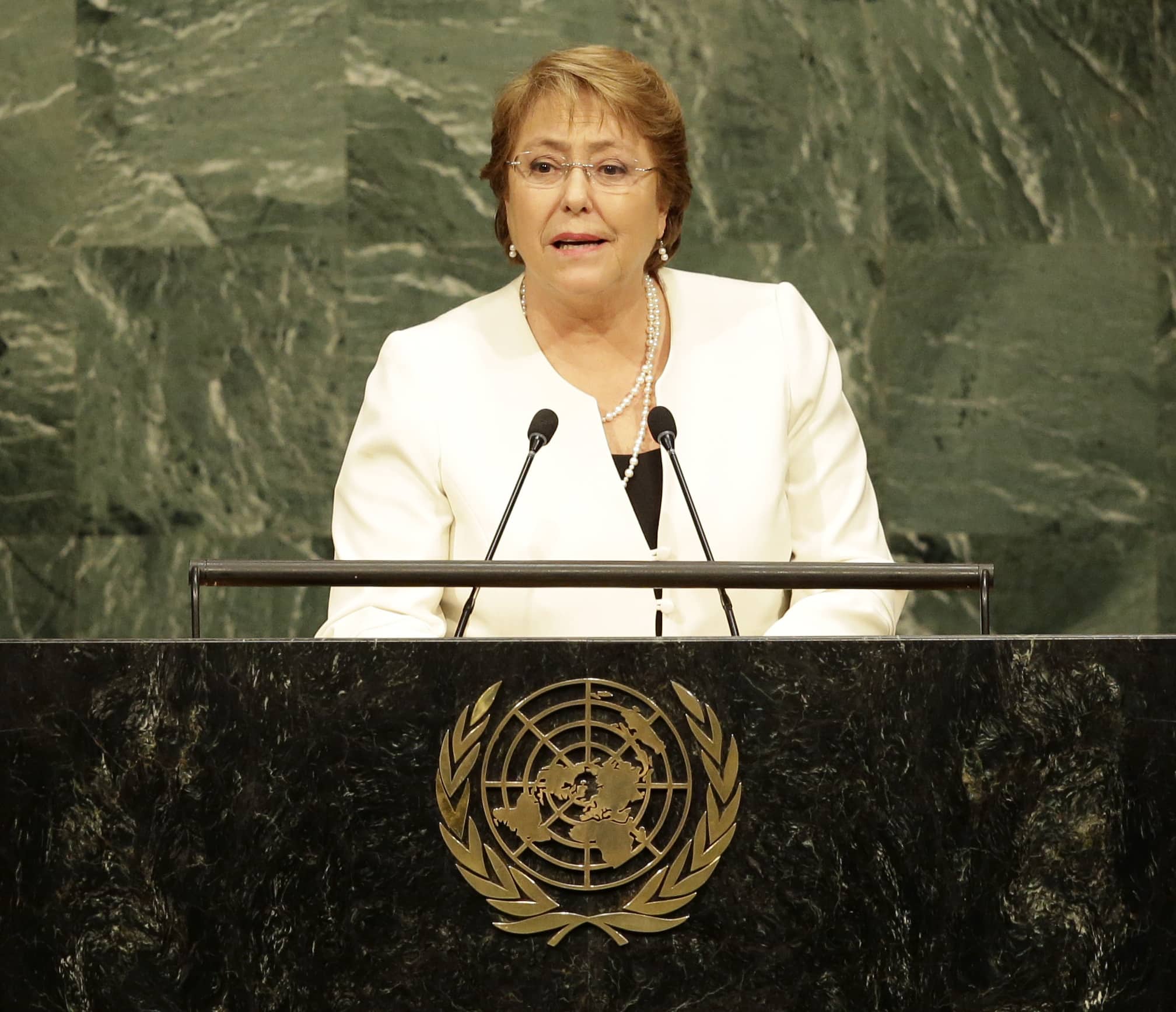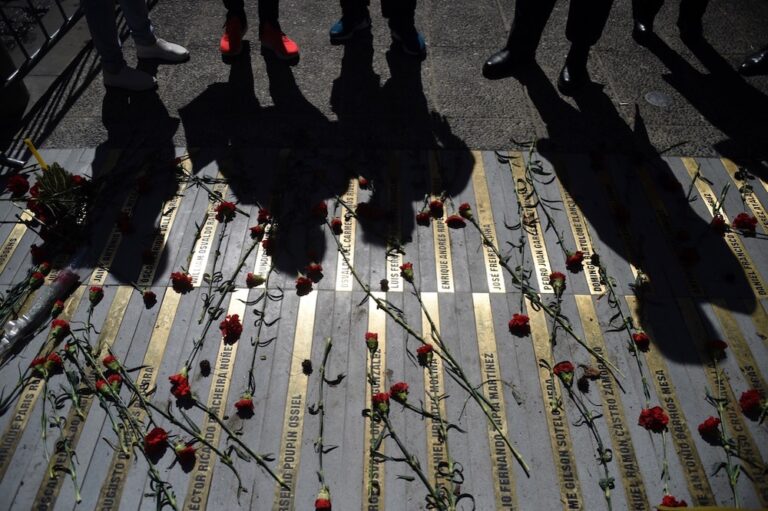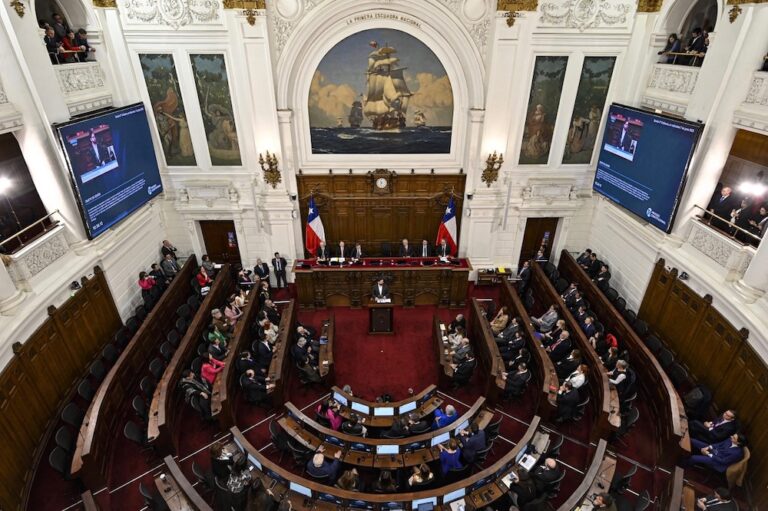"Without a doubt this lawsuit has the intent to intimidate, as it seeks the imprisonment of journalists, an action that reminds us of punishments in Chile that were brought against journalists in undemocratic times," said Claudio Paolillo, chairman of the IAPA's Committee on Freedom of the Press and Information.
This statement was originally published on sipiapa.org on 2 June 2016.
The Inter American Press Association (IAPA) today described as “an intent to intimidate and an abuse of power” a criminal libel suit brought by Chile’s President Michelle Bachelet against the local magazine Qué Pasa.
Bachelet filed the lawsuit as a private individual citing the magazine, its editor and its reporters. She said that her reputation had been sullied by the publication of statements made by a person in the monitoring of telephone conversations (public and authorized by a judge) in a legal case concerning alleged real estate irregularities, in which her daughter-in-law is under investigation and it is claimed that the President received profits.
Claudio Paolillo, chairman of the IAPA’s Committee on Freedom of the Press and Information, declared, “Without a doubt this lawsuit has the intent to intimidate, as it seeks the imprisonment of journalists, an action that reminds us of punishments in Chile that were brought against journalists in undemocratic times and which have been rejected by international jurisprudence for being methods inhibiting press freedom when government officials are involved in matters of public interest.”
Paolillo, editor of the Montevideo, Uruguay, weekly Búsqueda, added, “A democratic president, especially in the Chilean tradition, can always find other methods, such as a request to give his or her version, and eventually correct information that he or she judges to be inaccurate or inadequate, rather than filing criminal lawsuits. In this way there can be shown a greater balance between the people’s right to information and the press’s duty to publish matters of public interest.”
“In the case of a president,” Paollilo went on to say, “there does not exist the possibility of separating her public figure from the private one, something that was evidenced by the announcements and declarations of government officials who publicly contended the President’s legal action.”
Qué Pasa withdrew from its online version part of the report that had given rise to the controversy and apologized. However, although it demonstrated its lack of intent to offend, the President filed the lawsuit, arguing that the offending piece remained in the printed version.



